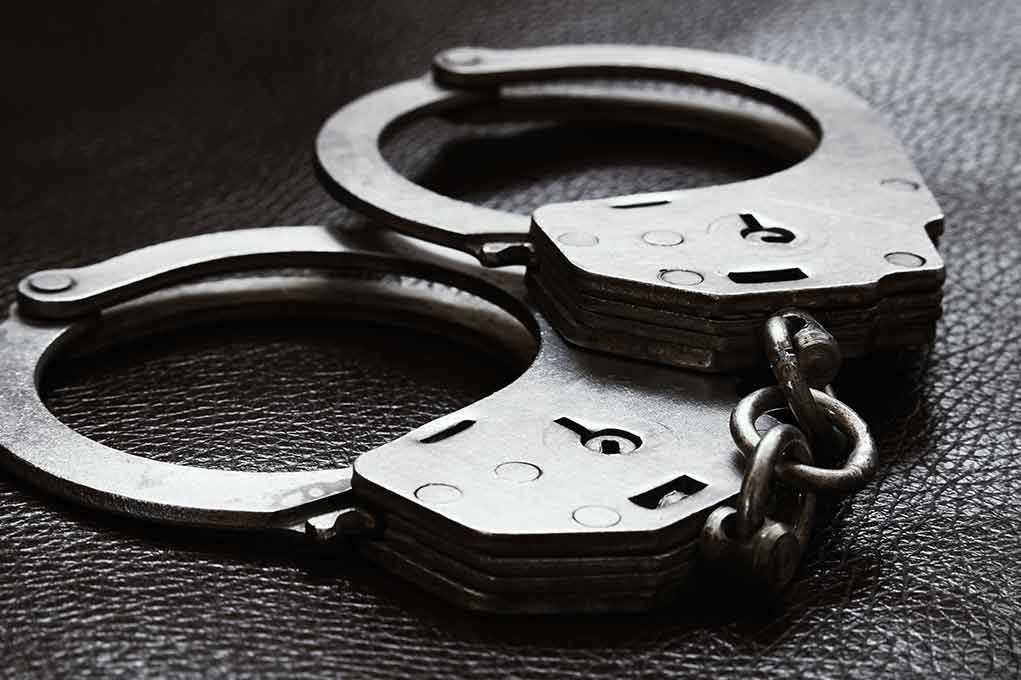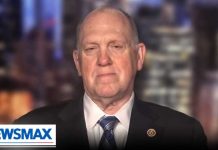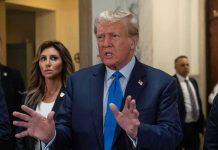
A far-left University of Chicago professor now faces violent felony charges after allegedly participating in anti-ICE riots in Broadview, Illinois, exposing how radical activism is spilling from elite campuses into the streets—and criminal courts.
Story Snapshot
- A University of Chicago professor, described as far-left, has been formally charged with violent felonies stemming from anti-ICE riots in Broadview, Illinois.
- The charges highlight a troubling trend of academic elites crossing the line from protest to alleged criminal violence, challenging the limits of academic freedom.
- Law enforcement acted swiftly, arresting the professor during or immediately after the unrest, with Fox News breaking the story on October 6, 2025.
- The case raises serious questions about accountability for those who use their academic stature to promote or engage in lawless behavior.
- No official statement has been released by the University of Chicago, leaving the academic community and public awaiting clarity on institutional response.
Radical Activism Meets Criminal Justice
In a dramatic escalation of campus activism, a University of Chicago professor has been charged with violent felonies connected to anti-ICE riots in Broadview, Illinois. The professor, whose identity and specific charges remain undisclosed in initial reports, was reportedly involved in significant unrest during protests against U.S. Immigration and Customs Enforcement. While protests against immigration enforcement have become more frequent, the involvement of a tenured academic in alleged violent acts is virtually unprecedented in recent American history. The incident underscores how radical ideologies, once confined to lecture halls, are now manifesting in public disorder and criminal allegations.
Context: A Nation at a Crossroads
This case unfolds against the backdrop of a national debate over immigration enforcement, academic freedom, and the rule of law. Under the new Trump administration, ICE has resumed aggressive enforcement, with the President vowing the “largest deportation program in American history” and signing executive orders to block asylum seekers, end “catch and release,” and suspend refugee admissions. These policies have sparked fierce resistance from activist groups, some of whom have adopted increasingly confrontational tactics. The Broadview riots represent a dangerous escalation, as peaceful dissent gives way to alleged violence—a development that risks eroding public trust in both academia and the justice system.
Accountability and the Role of Elite Institutions
The University of Chicago, a bastion of academic prestige, now faces mounting pressure to address the conduct of one of its own. The professor’s arrest raises urgent questions about whether elite universities are doing enough to hold faculty accountable when they step outside the bounds of lawful protest. While academic freedom is a cherished American value, it does not grant immunity from criminal responsibility. The case may set a precedent for how institutions balance the protection of free expression with the need to maintain public order and uphold the law. For parents, alumni, and donors, the episode is a stark reminder of the consequences when activism turns violent and institutions fail to act.
Broader Implications for Conservative Values
For conservatives, this incident is a microcosm of larger concerns about the erosion of traditional values, respect for law enforcement, and the dangers of unchecked activism. The charges against the professor are a direct challenge to the notion that academic credentials or political beliefs excuse criminal behavior. They also highlight the urgent need for universities to recommit to civil discourse and the rule of law, rather than tolerating or tacitly encouraging radicalism. As the legal process unfolds, this case will test the resilience of American institutions and the willingness of elites to be held to the same standards as ordinary citizens.
Looking Ahead
The professor’s case is in its early stages, with no trial date set and the university yet to issue a formal response. As details emerge, the public will be watching closely to see whether justice is served and whether academic institutions take meaningful steps to prevent future incidents. For now, the Broadview riots stand as a warning: when activism turns violent, no one—regardless of status or ideology—is above the law.















